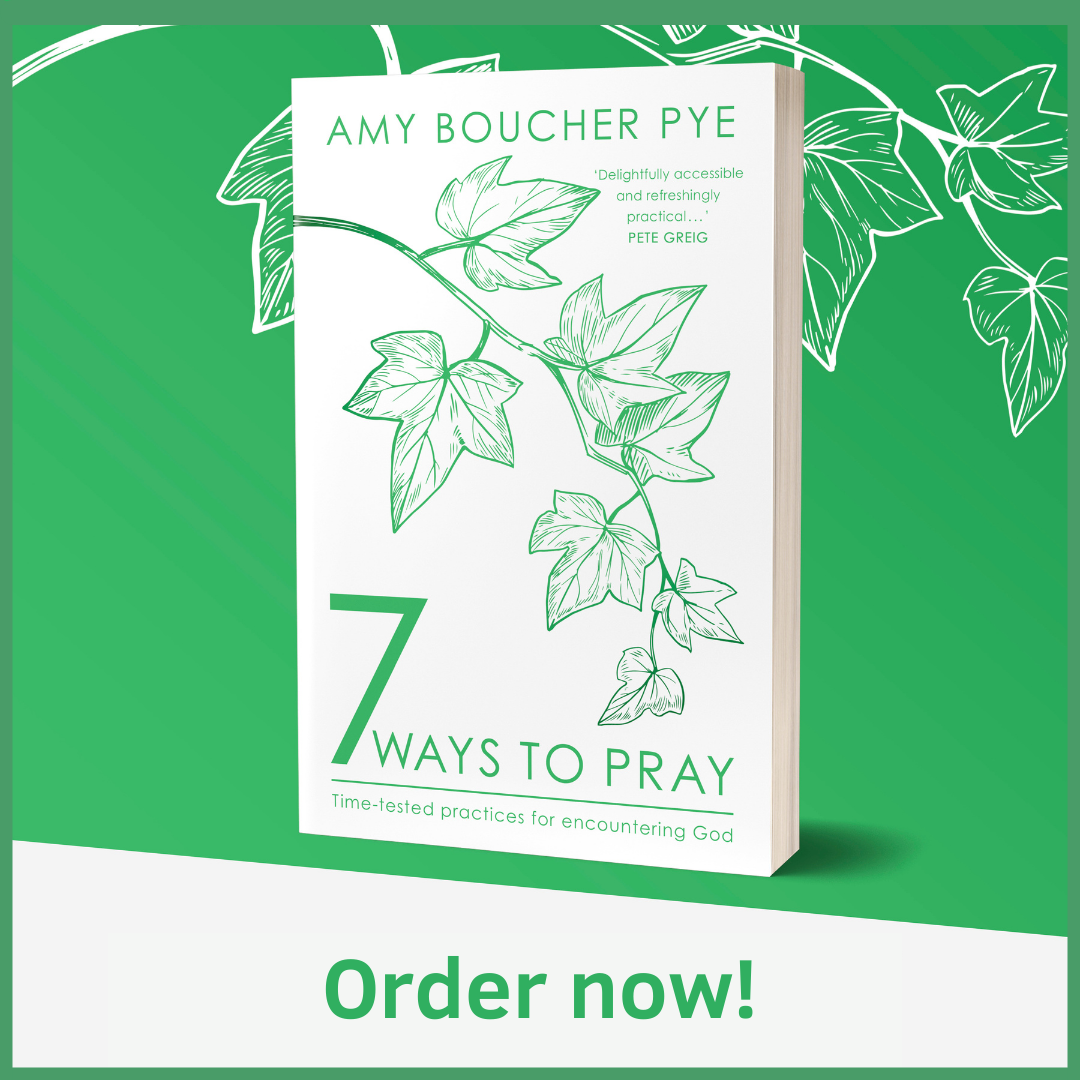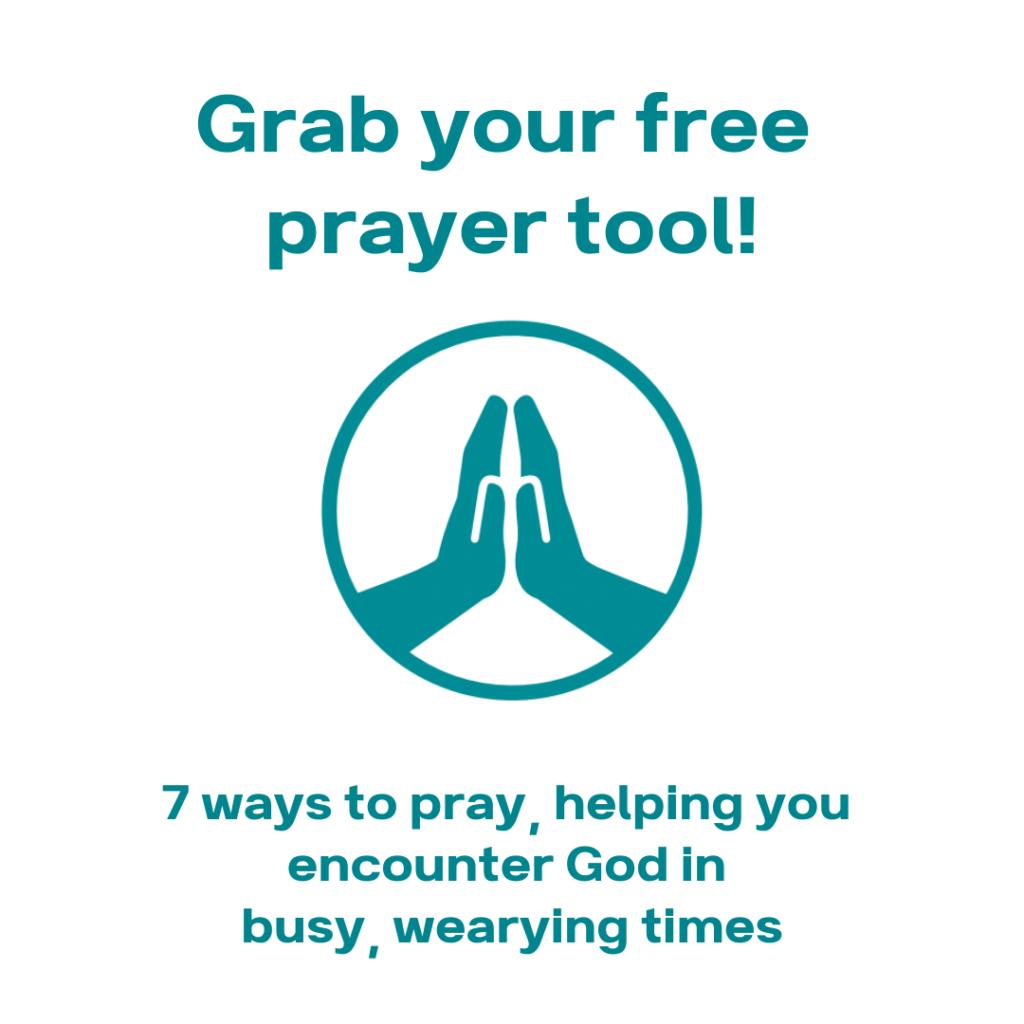Home is another country by Veronica Zundel
“Where is home when your mother’s tongue is not your mother tongue?” Veronica Zundel’s opening line compels us to read on – and I hope you will, for her thoughts on finding home as the child of immigrants will move you. She speaks of loss and yet an undergirding hope.
Where is home when your mother’s tongue is not your mother tongue? Let me explain. My Jewish mother and Gentile father left Vienna in 1939 for the UK. Their marriage in London was followed by 14 house moves (well, 14 single room moves) in a few years. Finally they settled in Coventry, where I, their second child, was born. When I was five and my doctor Dad had earned enough (Mum was unable to finish her medical studies), they bought land and had a modern house built, with a large garden including an apple orchard, where I would later pick and eat unripe cooking apples, to the detriment of my digestion!

My mother.
My mother never saw her own mother again – she perished, along with Mum’s aunt and uncle, in a concentration camp. Five of my potential six grandparents (my mother was adopted), died before I was born. The sixth, my father’s mother, along with his brother and sister, lived in Vienna, so I saw them at best annually. Neither of Dad’s siblings had children (though I later learned of my rakish uncle’s secret illegitimate daughter), so my brother and I were the only ‘next generation’. There were plenty of honorary aunts, uncles and even cousins of a sort, but no extended family. We had enough money, but this was a form of poverty not often recognized.
Meanwhile the family home held a different culture from that of school or playmates; a little enclave of Austria where they spoke a strange hybrid language laughingly called ‘Emigranto’ or ‘Refugäsisch’, where they ate different foods and even held cutlery differently, where everyone spoke at once and I couldn’t get a word in. Better to retreat to my bedroom with a book and explore other worlds, as well as playing with my imaginary English family with five children (including, as in all the best fictional families, twins).
When I was 13 and he 18, my brother became mentally ill, and was in and out of hospital until he killed himself in 1975 at 27. In the light of all this, it is unsurprising that I found ‘home’ in places rather than people. At 16 I found a new home in Jesus; and about a year later I discovered what would be my first ‘spiritual home’, at a Lutheran community/conference centre I visited regularly and later lived and worked at for six intense months. Yet a few years on, this ‘home’ would be lost, sold by the Lutherans and its community scattered. By then, I had my own flat in London, home of a sort but often lonely.

Christmas in Vienna.

Beautiful rural Austria.

Fast forward a dozen or so years to my marriage in 1989, and my parents’ decision to ‘retire to London’ to be nearer us. This was fine, except that I soon learned that the couple (a Jewish doctor and his convert wife) who bought their house, had demolished my bedroom to build an octagonal excrescence containing a new master bedroom and a kosher double kitchen. (All that observance didn’t do the wife much good, she later ran off with her personal trainer!) They also felled the silver birch tree outside my garden window, and losing the other window that allowed me to climb surreptitiously onto the garage roof. All my childhood, gone at a stroke.
Happily Ed and I had found a new, wonderful spiritual home in the Mennonite church. After a lifetime of taking photographs only of places, I started to take photographs of people, and to find Christ in them, where I had previously found him only in solitude and natural beauty. Could home, once more, be a community? But now that home, after more than two decades, is lost too, with the closure of what was the only English-speaking, non-conservative Mennonite church in the UK.

Mennonites eating together.
What is left? I have a caring, loyal husband and a delightful son who just turned 22, and we have lived in the same house for 27 years – so is this home? Coventry, which I still visit, still feels like home in a deeper way; and Vienna, which I have known since I was four, another kind of home, yet not home. Perhaps home is always elusive, a state to which we aspire. As Jesus followers we are ‘resident aliens’, citizens of another kingdom, longing for a city which is to come. Only there will we be truly at home.
 Veronica Zundel is the author of nine books including three anthologies for Lion Publishing, and three books for BRF, of which the latest is Everything I Know about God, I’ve Learned From being a Parent (BRF 2013). She writes regularly for BRF’s New Daylight notes, and a column for Woman Alive magazine, which won a national award, beating columnists from the Mail on Sunday into second and third places. She is is a prize-winning poet who blogs at reversedstandard.com and on the ACW blog, More than Writers.
Veronica Zundel is the author of nine books including three anthologies for Lion Publishing, and three books for BRF, of which the latest is Everything I Know about God, I’ve Learned From being a Parent (BRF 2013). She writes regularly for BRF’s New Daylight notes, and a column for Woman Alive magazine, which won a national award, beating columnists from the Mail on Sunday into second and third places. She is is a prize-winning poet who blogs at reversedstandard.com and on the ACW blog, More than Writers.








 Hello!
Hello!